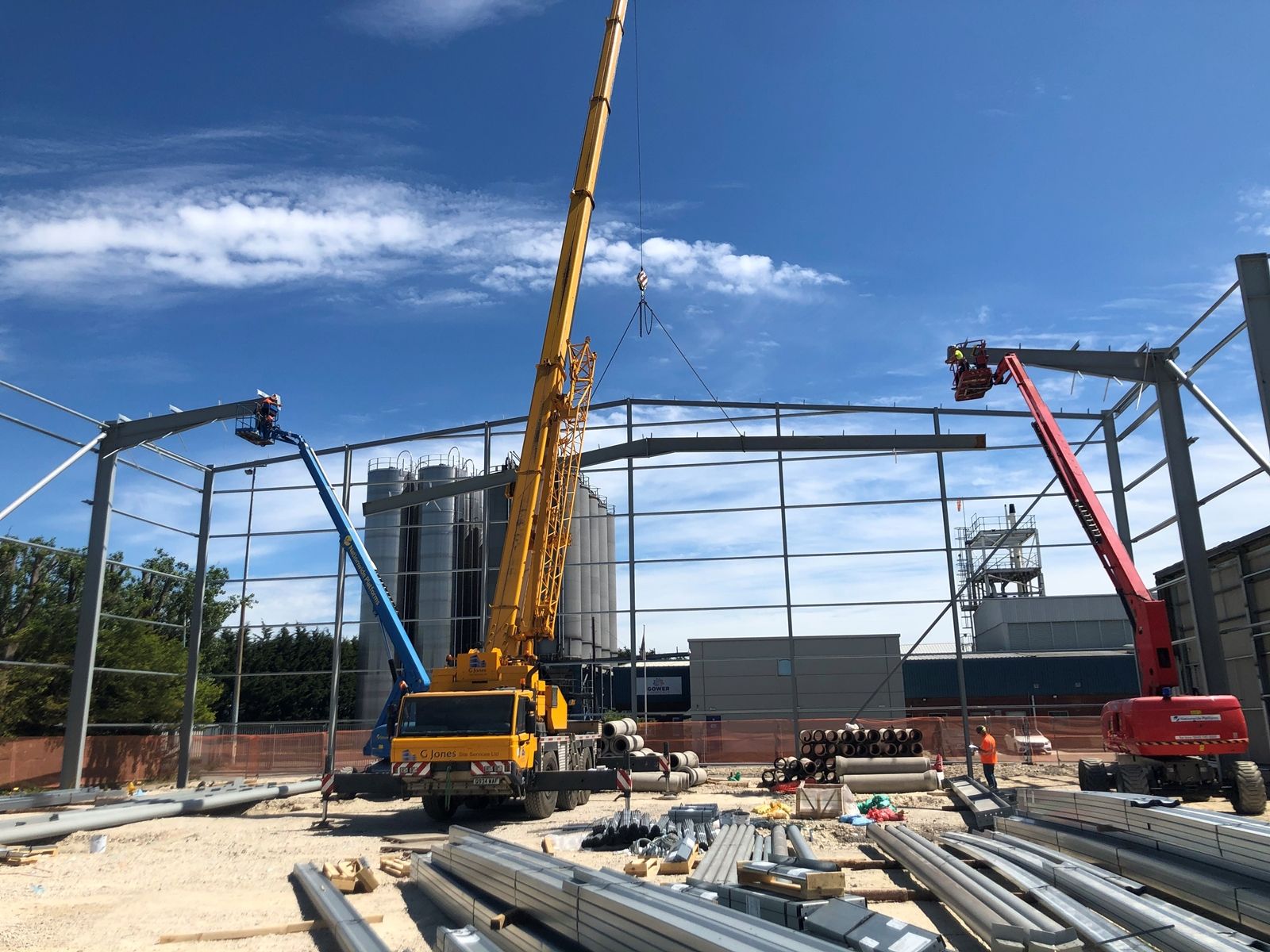The impact of building materials running short in the UK is certainly being felt in Yorkshire, where prices have soared for a wide range of common materials in recent months, according to Gent Visick’s (GV) building consultancy division.
The company’s figures reveal that steel prices in the region have risen by an average of 20% since January and timber has soared by 30%.
GV’s building consultancy division provides cost consultancy, contract administration and project management services on a wide range of new build and refurbishment projects throughout Yorkshire and beyond. The company is also currently advising on several large-scale developments including more than 1m sq ft of new industrial space at two sites in Thirsk and Doncaster.
Gavin Ritchie, director of GV’s building consultancy division, said: “The current levels of demand for construction materials in the UK is having a big impact in Yorkshire. We’re currently seeing major shortages of common products including cold rolled steel, cement, chipboard and cladding.
“Part of the problem is that lots of construction projects have started at the same time, as the country emerged from lockdown, and the high numbers of people doing home improvements has also been well-publicised. This has all created a huge surge in demand and to make matters worse, the pandemic has pushed up shipping costs.
“As a result, timber prices have significantly increased, and steel prices are already up by a fifth since the start of the year and we predict they could increase by another 20% by October.
“These price increases and delays securing products are now impacting on the timings of projects. Plus, contractors are struggling to fix tender prices because in some cases prices for materials are changing each day. This also means actual build costs have frequently increased dramatically from when estimates and initial appraisals were carried out, which can often be 12 months before work starts.
“Depending on how contracts are worded, contractors are often having to take the hit for these price increases and delays, which puts them under additional financial pressure at an already difficult time. It’s a challenging situation, which is likely to continue until supply catches up with demand.”






